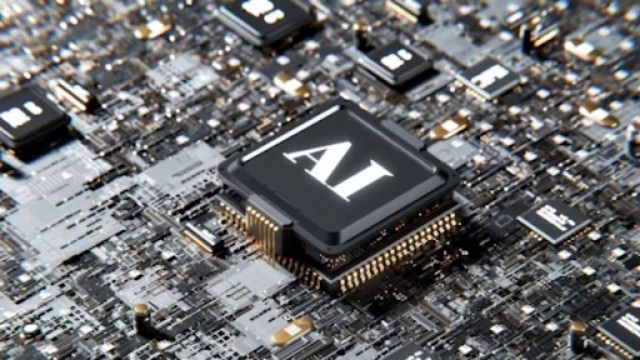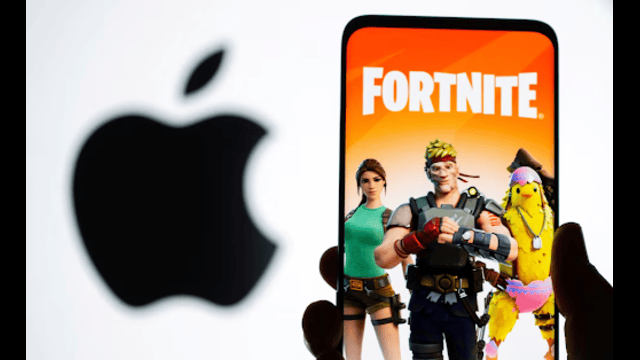
A Microsoft logo is seen outside the company’s main office in Redmond, Washington, on Friday, April 4, 2025. (AP Photo/Jason Redmond, File)
Elon Musk may be locked in a legal fight with Microsoft, but that didn’t stop him from making a headline-grabbing virtual appearance at the company’s annual developer conference, Build, in Seattle. During the event, Musk revealed that his AI company, xAI, will now run its chatbot Grok using Microsoft’s cloud technology, Azure.
Microsoft CEO Satya Nadella welcomed Musk in a pre-recorded video, expressing enthusiasm about the new collaboration. Despite the lawsuit Musk filed last year against Microsoft and OpenAI—claiming they mishandled the AI foundation he helped build—he’s now joining hands with them, at least in terms of cloud services.
Musk’s xAI, known for developing Grok, positions itself as a direct competitor to OpenAI’s ChatGPT. Ironically, both AI systems will now rely on the same infrastructure—Microsoft Azure—for their operations. Other major AI players, including Meta (Facebook’s parent), Mistral, Black Forest Labs, and DeepSeek, also use Azure for hosting their AI models.
This partnership comes on the heels of a controversy involving Grok. The chatbot recently stirred backlash by referencing sensitive political topics, including race issues in South Africa and the idea of “white genocide,” during chats on Musk’s social media platform X. The company claimed this behaviour stemmed from an unauthorized staff change to the system, distancing itself from the incident.
In his chat with Nadella, Musk didn’t bring up the incident but emphasized that transparency is vital for AI development. “We will make mistakes,” he said, “but the goal is to correct them fast.”
Meanwhile, the conference wasn’t without disruption. Just minutes into Nadella’s keynote speech, a protester shouted accusations that Microsoft’s cloud services were being used to support Israeli military operations in Gaza. “How about you show how Microsoft is killing Palestinians?” the protester yelled before being escorted out.
Microsoft later confirmed it provides some AI services to the Israeli military but maintained that there’s no evidence these tools have been used to cause harm in Gaza. The company did not respond to fresh inquiries about the protest.
Adding to the day’s news, Microsoft’s subsidiary GitHub unveiled a new AI coding assistant designed to help developers speed up programming tasks. Unlike the existing Copilot, the new “agent” aims to handle more tasks on its own, focusing on routine coding chores while developers concentrate on more creative parts of their projects. This innovation was announced shortly after Microsoft confirmed layoffs of around 6,000 employees worldwide, including engineers in Washington state.
So, while Microsoft is trimming its workforce, it’s also doubling down on AI, opening its doors even to rivals-turned-partners like Elon Musk.















